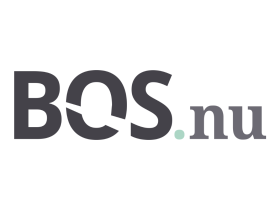Swedish lottery and gaming operator Svenska Spel has posted a 1% rise in revenue for the second quarter of 2022.
The Group’s revenues increase as Casino Cosmopol was open this year. The Group’s earnings and operating margin decrease slightly as a result of increased costs in priority investment areas, but also as an expected effect of a focus on sustainable gaming.
“We see a positive development in the share of healthy income as a result of our strengthened gaming responsibility measures. We continue to provide our customers with entertaining gaming experiences in a responsible way, as we want gaming to be a joy for everyone,” Patrik Hofbauer, President and CEO of Svenska Spel, said.
The Svenska Spel Group’s net gaming revenues for the quarter are SEK 1963 M (1938), an increase of 1% compared with the same quarter last year. Operating profit of SEK 531 M (574) is a decrease of 7% and the operating margin amounts to 27% (30). The reduction is due to higher costs for, among other things, investments in technology and product development.
Net gaming revenues for the Sport & Casino business area decreased during the quarter by 19% compared with the same quarter last year. The investment in strengthened gaming responsibility measures has the intended positive effect on the proportion of sound revenues and customers, but, as expected, has a negative effect on revenues. The sports games also face strong comparative figures as last year included a major championship.
For the Tur business area, net gaming revenues are at the same level as the corresponding quarter last year. The launch of two draws per week for Eurojackpot has been successful and during the quarter, Eurojackpot reached its highest ever record for online gaming.
Net gaming revenues for the Group amounted to SEK 1963 M (1938), an increase of SEK 25 M or 1%. The increase is explained by the fact that the casino operations were closed during Q2 2021.
The Group’s operating profit amounted to SEK 531 M (574), a decrease of SEK 42 M or 7%. The decrease is explained by higher costs for, among other things, investments in technology and product development.






